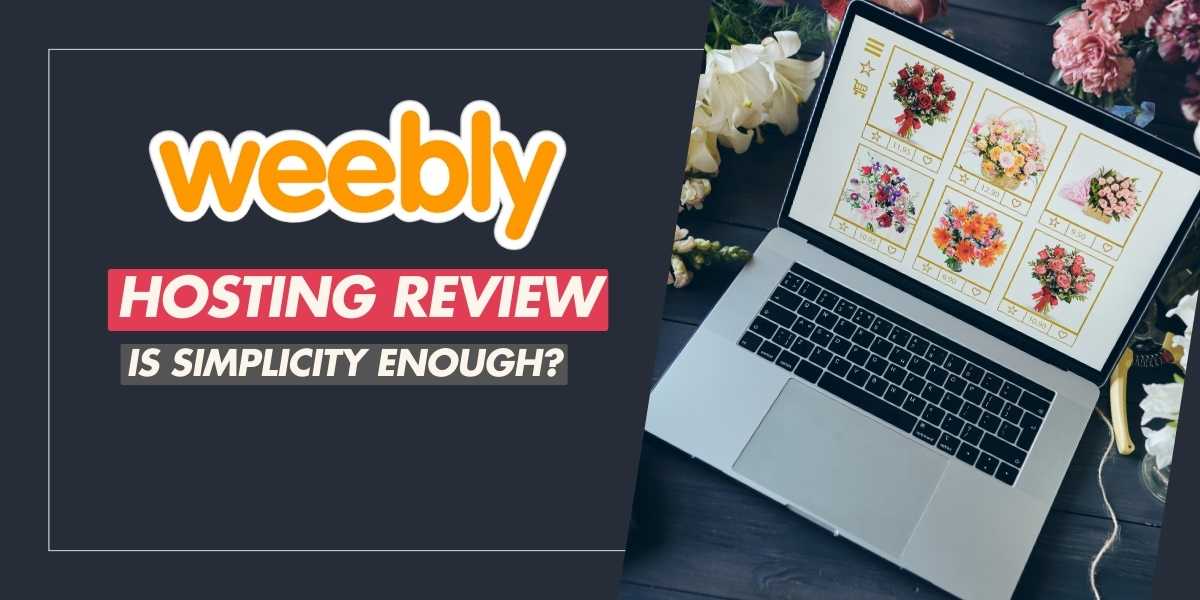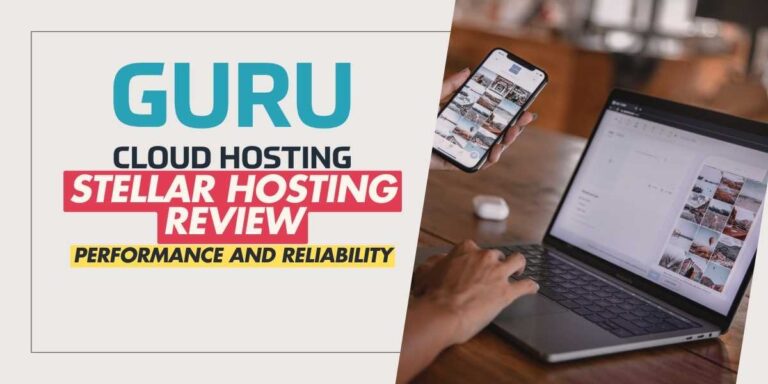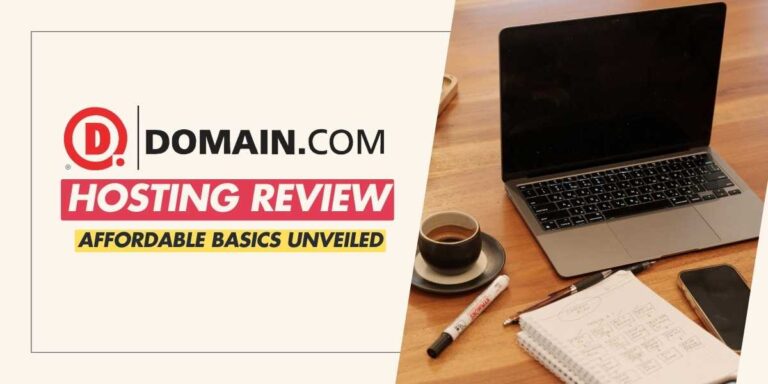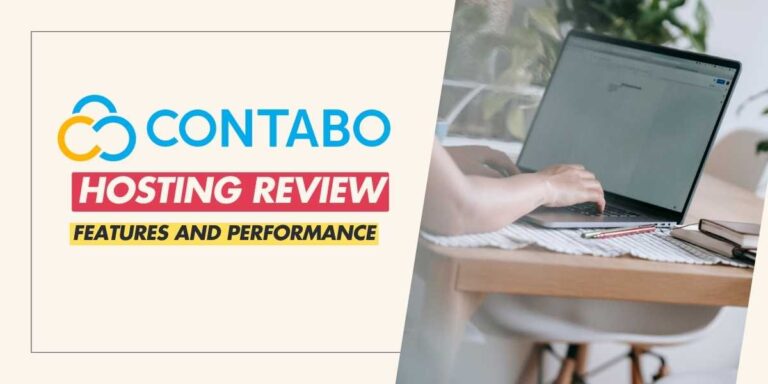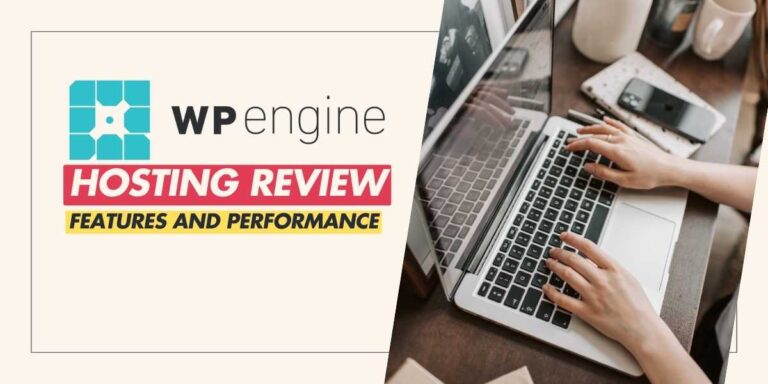Weebly Hosting: Is Simplicity Enough in 2024?
Weebly offers a simple and affordable entry point into website building, but is simplicity enough to sustain it amidst fierce competition? This question looms large as new innovations constantly reshape the digital landscape. For those considering Weebly in 2024, understanding its strengths and limitations is crucial to making an informed decision.
Understanding Weebly’s Offerings
Weebly is renowned for its accessibility and affordability. Originally launched in 2007, the platform has historically catered to beginners and small business owners looking to establish a basic online presence without breaking the bank. Weebly offers a free plan and several paid options, including Personal, Professional, and Performance plans, making it easy for users with minimal technical know-how to create a website.
Plans and Pricing
| Plan | Price (monthly billed annually) | Features |
|---|---|---|
| Free | $0 | 500MB storage, SEO tools, sell unlimited physical items, free SSL certificate. |
| Personal | $10 | All free features plus connect custom domain and sell digital goods. |
| Professional | $12 | Unlimited storage, site stats, free domain, no ads. |
| Performance | $26 | Accept PayPal, advanced ecommerce features. |
Design Flexibility and Limitations
Weebly’s editor is simple and intuitive, relying primarily on a drag-and-drop format. This approach suits beginners but comes with limitations. Unlike platforms such as Wix, Weebly confines users within a row-based structure which restricts creative freedom. While this avoids cluttered designs, it can be frustrating for those seeking more control over their site’s look and feel.
The platform offers about 50 templates, each mobile-responsive and easy to swap without loss of content. However, the lack of innovative design updates over the years has left these themes feeling stale. They don’t boast the visual appeal seen in Wix or Squarespace offerings, making them appear outdated to newer users.
Mobile Responsiveness
Though all themes are engineered to be mobile-responsive, user experiences have highlighted inconsistencies, particularly with load times and formatting issues on mobile devices. Given the predominance of mobile browsing, this is a crucial area where Weebly falls short.
Ecommerce Features
When it comes to selling online, Weebly shines by allowing ecommerce functionalities even on its free plan. It offers unlimited product listings and integrates with Square to provide payment processing capabilities. However, the choice of payment gateways is limited to Square, Stripe, and PayPal, with transaction fees applicable regardless of the option chosen.
Weebly’s ecommerce strength lies in features like inventory management, item reviews, and email automation for abandoned carts. Yet, scaling a business using Weebly could be challenging due to limited marketing tools and poor social media integration.
Marketing and SEO
Marketing options on Weebly primarily depend on its email marketing service, Weebly Promote, which incurs additional costs. While basic SEO tools are available directly in the site settings, advanced users may find them lacking in depth, and relying on external apps might be necessary for more comprehensive strategies.
Social media integration is minimal—limited mainly to Instagram—and improving this requires third-party apps. This aspect places Weebly behind competitors who offer more robust, built-in social features.
Customer Support Experience
Weebly provides 24/7 email support, and those on higher-tier plans enjoy phone support; however, the quality of assistance can vary. Users often find the AI-driven support assistant to be less effective for specific inquiries, making the comprehensive Knowledge Base a more reliable source for troubleshooting.
Conclusion: Is Weebly Worth It?
In conclusion, Weebly is best suited for individuals and small businesses looking for a straightforward, no-fuss website builder to establish an online presence affordably. Its ecommerce capabilities are enticing for startups due to cost-effective plans.
For those requiring growth potential and the latest in design and marketing integrations, Weebly’s stagnation in innovation and limited features might prove restrictive. Competitors like Wix and Squarespace offer more dynamic tools and richer set of features, making them preferable choices for anyone looking to scale or aesthetically enhance their web presence.
Ultimately, Weebly fulfills the needs of a specific audience—those seeking simplicity and low-cost entry into ecommerce and web building. It’s like a trusty old sedan—not flashy or equipped with the latest tech but reliable and gets the job done. Consider your business goals and future growth objectives carefully when deciding if Weebly’s the right ride for your journey.

